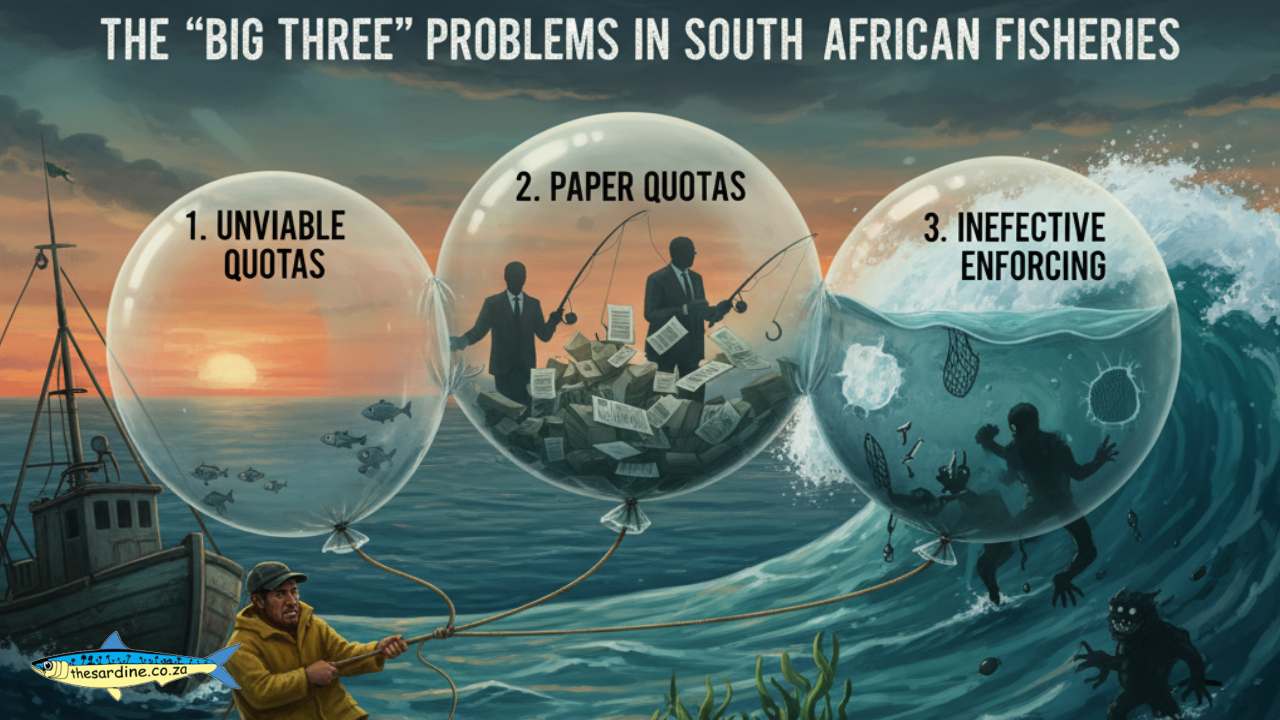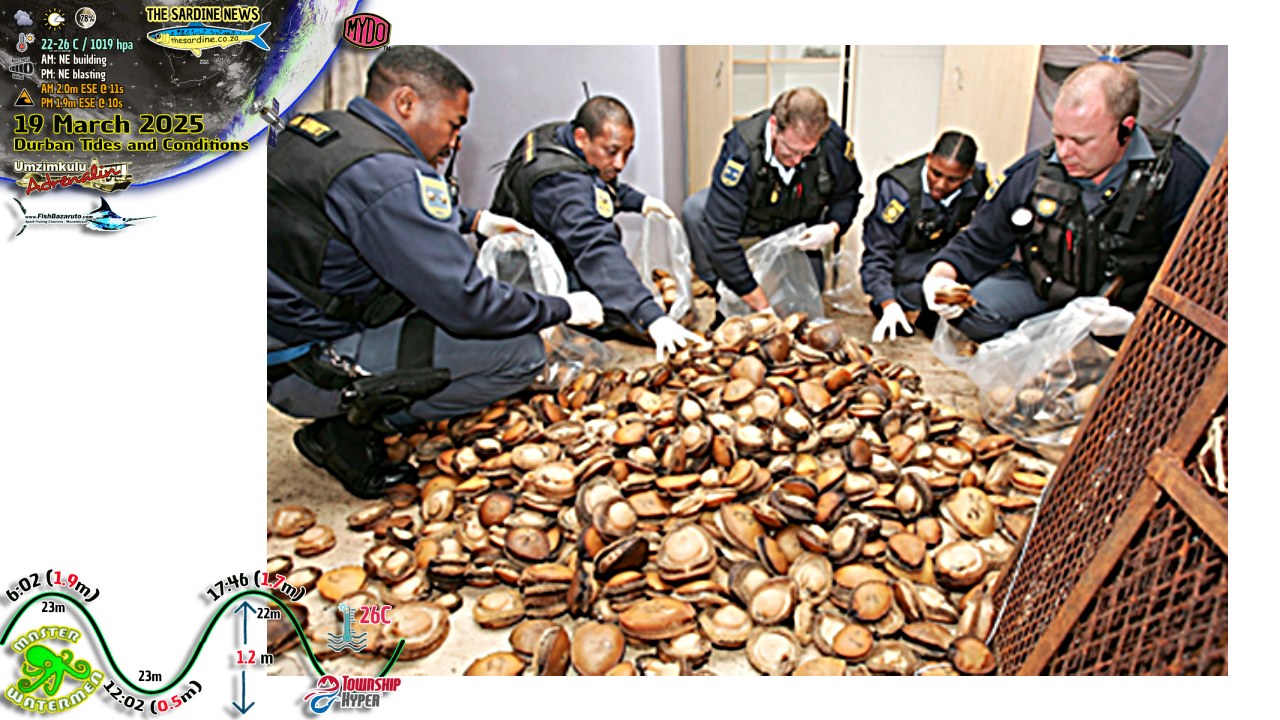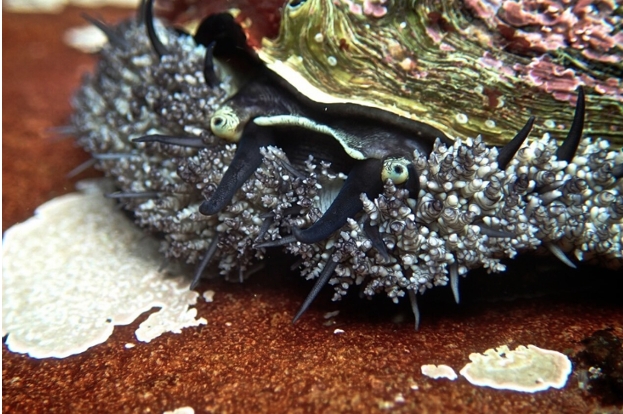Abalone Update: Minister Sacked?
Abalone Update: Minister Sacked? Abalone Update: Minister Sacked?: Many years of utter mismanagement has finally come home to roost, and the commercialabalone fishery has officially come to ruin. The newest total allowable catch for abalone (TAC) has been announced at about 12 tons (lastseason was about 42 tons.)To put it in perspective, my quota is … Read more





